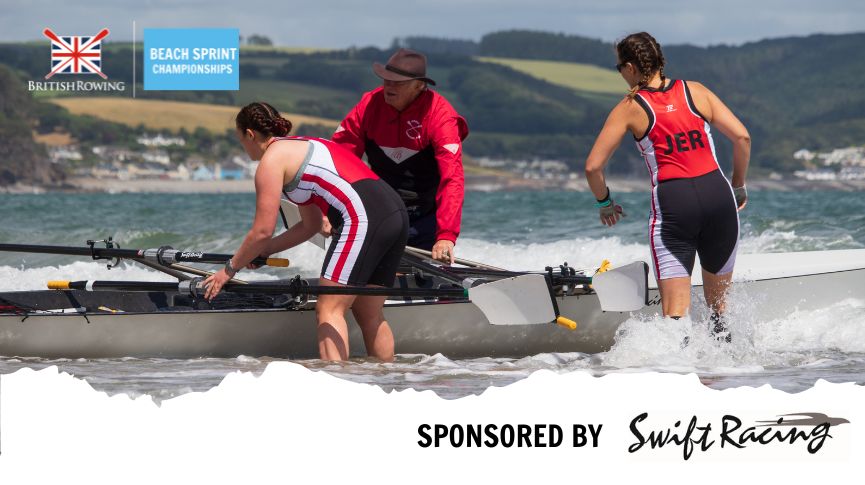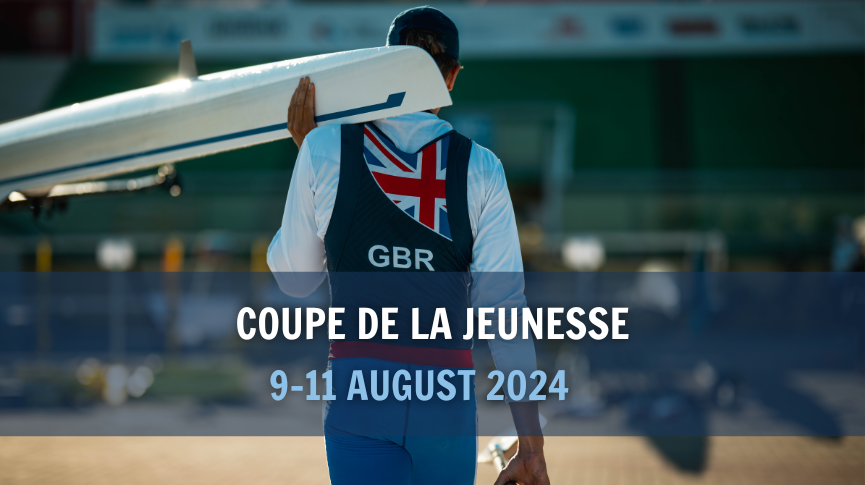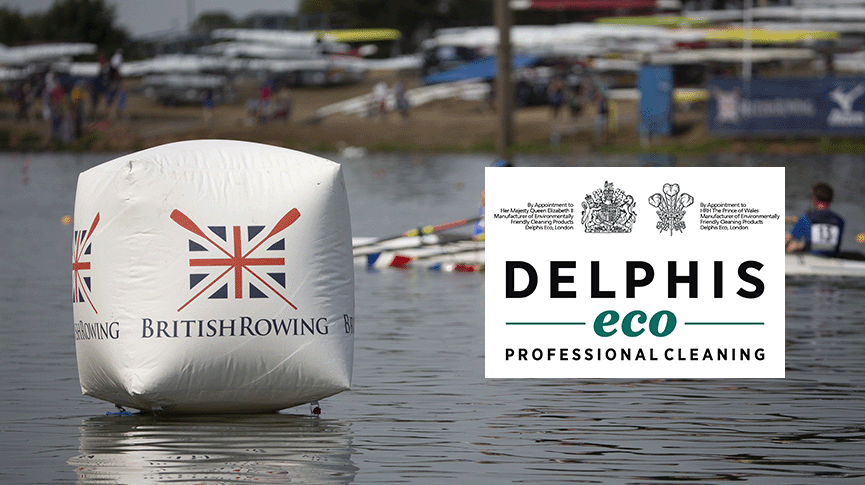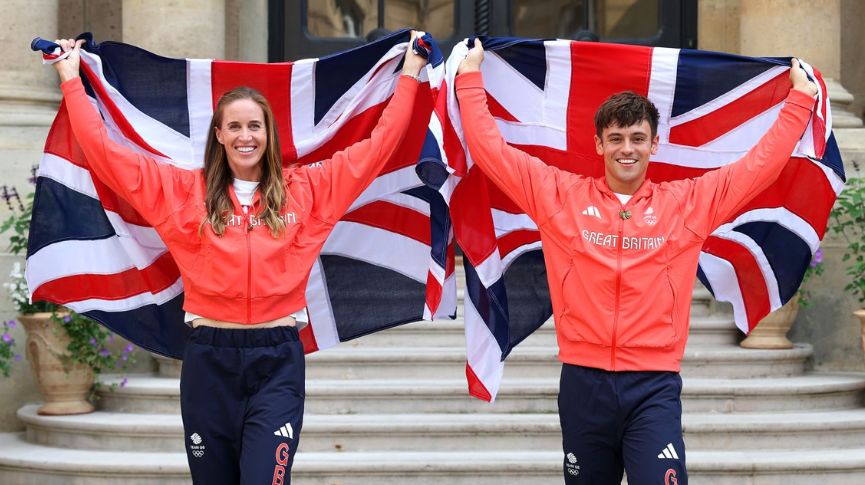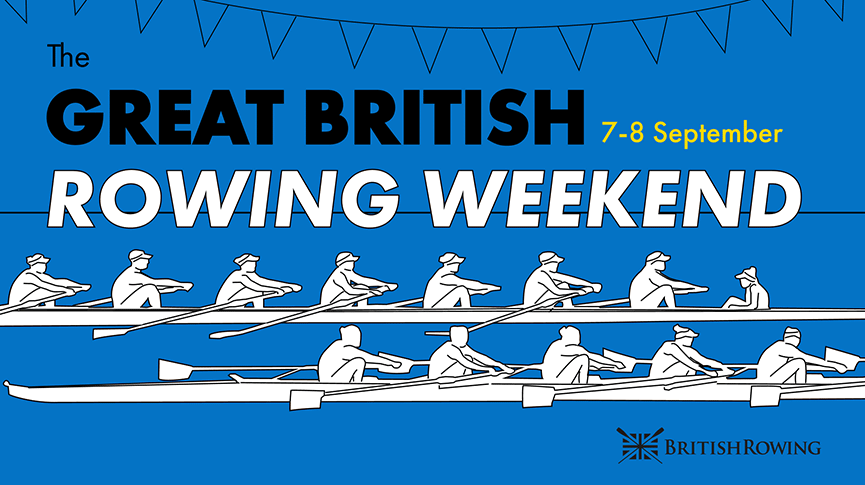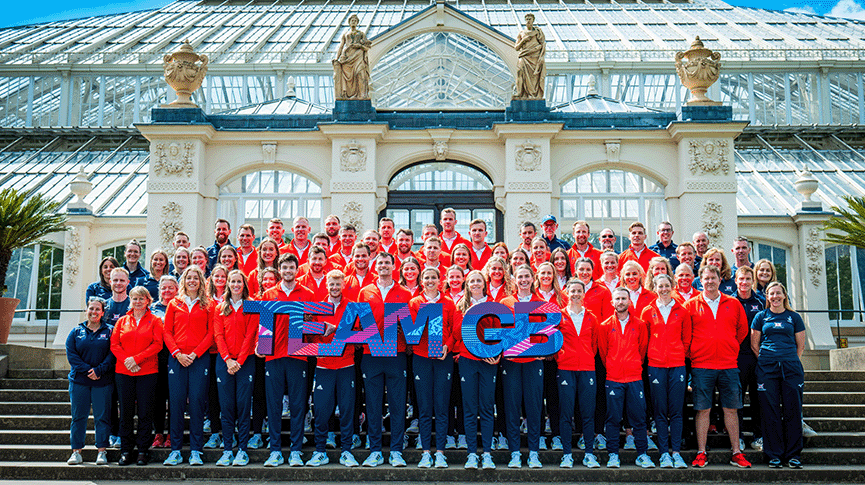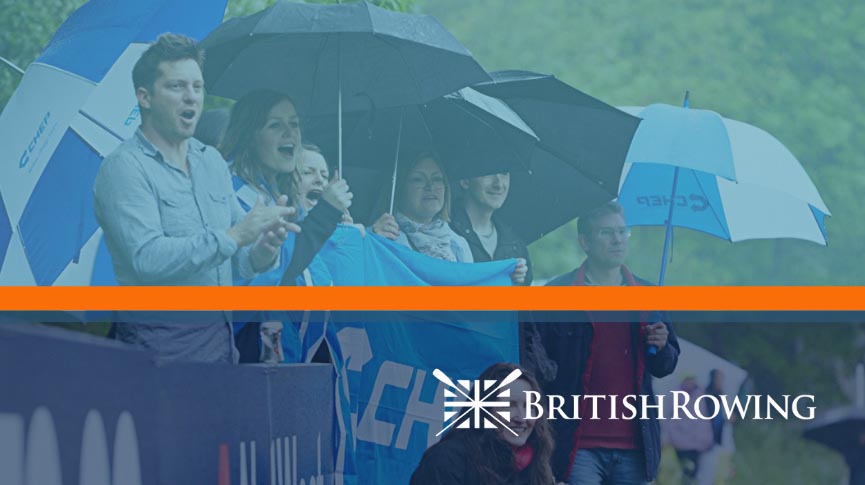Finding the Edge – Talent and Technology
Review of the 2011 FISA World Rowing Coaches’ Conference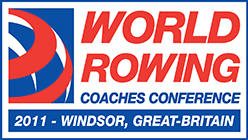
Leading coaches from around the world recently met in Windsor for the 2011 FISA World Rowing Coaches’ Conference. British Rowing was proud to host the successful three day conference held from 20th-23rd January entitled ‘Finding the Edge – Talent and Technology’.
Highlights from the conference included Tom Terhaar, US Women’s Team Head Coach, talking about squad selection and his coaching philosophy of “giving the best American athletes the best opportunity to fulfil their dreams and win an Olympic medal”. Delegates also heard from GB Rowing Team’s Talent and Identification ‘Start’ Programme Manager, Steve Gunn, delivering a key message of ensuring that when you work with a high performance novice to have individual plans driven by the participants own rate of development. Scott Gardner gave an insight to coaching cyclists and swimmers with particular reference to developing power.
Day two of the conference focused on current technologies enabling coaches to analyse performance most efffectively. Alistair Patterson, Performance Analyst at the English Institute of Sport, and Andy Murphy, who recently completed his PhD in rowing biomechanics, talked through a range of performance analyst equipment and performance parameters.
Alistair focused on the most suitable equipment to use with rowing when looking at video and speed measurement tools. Advanced technologies must be in line with the ability of your rowers and video analysis packages such as Dartfish are only as good as the camera used by the coach. The research shows that skill development can be enhanced by video and a high speed video that could take up to 200fps can be used effectively to help rowers develop their technique. Alistair reviewed the range of different speed measurement tools and looked at the benefits of impellor versus GPS systems. Alistair explained that the GPS systems although useful came with inaccuracies, depending on the status of the system as some of the lower status systems are not compatible with the rhythmic movement in rowing. The more accurate GPS systems are those that have been developed for rowing and generally run at 10Hz or above.
Andy Murphy emphasised the need for rowers to maintain their posture and core control during race pace as opposed to training rates. His research had found key components of good rowing such as the quality of suspension through the stroke which are linked to maintaining core control during the drive, reaching maximum handle force early and getting the heels down in the drive phase.
Dr Caroline Hargrove from McLaren racing cars gave examples of how Formula One racing teams collect and use data effectively in the build up to and on race days. Nearly a billion and a half pieces of information are collected from each car during the course of a race. Caroline emphasised the need to know what data you are collecting and then how you plan to use this. McLaren use a very advanced simulator to aid car set up and to enable the drivers to drive the same section of the track over and over. Examples of how data collection and analysis might be applied were given for other sports.
Kurt Jensen completed the speaker line up with a very good overview of how the rowing ergometer can be used effectively in training. Kurt used physiological and biomechnical parameters to illustrate his presentation. A comparison of the different types of egometers was also used. One area that kept being repeated by all the speakers was the need to develop and measure power for developing good rowers. Kurt gave examples of how this might be achieved in training.
The weekend culminated in a successful tour of the Olympic village for Rowing, at Royal Holloway, Egham and the rowing venue for the Olympics and the World Junior Rowing Championships 2011, Eton, Dorney.
Rosie Mayglothling – Technical Co-ordinator and Loretta Williams – Coach Educator


